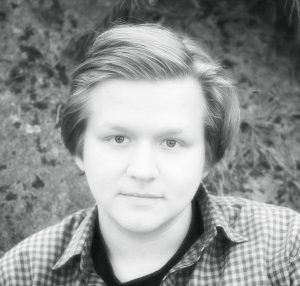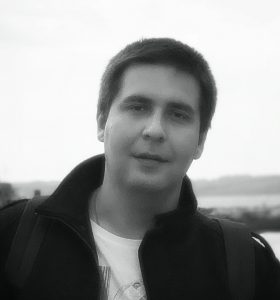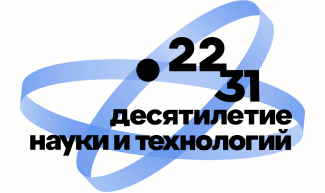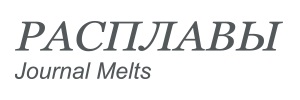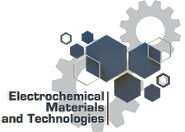Five graduate students of the Institute of High Temperature Electrochemistry of the Ural Branch of the Russian Academy of Sciences were awarded scholarships of the Government of the Russian Federation, and three of them – scholarships of the President of the Russian Federation. Each of the graduate students conducts a unique research in its own direction with the support of a supervisor.
The main research focus of Artem Tarutin is the development and study of high-performance electrode materials for medium-temperature electrochemical devices based on proton-conducting electrolytes, such as SOFC. While investigating complex oxides based on layered praseodymium nickelide doped with copper, he discovered effects leading to a decrease in the resistance of the electrodes. Moreover, the addition of copper reduces the thermal coefficients of linear expansion. All of the above mentioned increases the attractiveness of these materials as electrodes.
 Anastasia Khudorozhkova studies the physicochemical properties of halide electrolytes for silicon electrocrystallization. New silicon-based materials obtained by electrolysis of molten salts can improve the efficiency of devices for electrochemical and solar energy.
Anastasia Khudorozhkova studies the physicochemical properties of halide electrolytes for silicon electrocrystallization. New silicon-based materials obtained by electrolysis of molten salts can improve the efficiency of devices for electrochemical and solar energy.
Maxim Plekhanov is engaged in modification of the properties of oxide materials with proton conductivity, which, in particular, is aimed at the appearance of mixed conductivity. By doping the solid electrolyte with transition metal cations, it is possible to significantly increase the contribution of electronic conductivity in the material and improve the electrochemical characteristics of electrodes based on it.
Alexander Davydov develops theoretical methods for studying phase equilibria and thermodynamic properties in molten-salt electrolytes. The developed models of the statistical theory have already been successfully applied to the calculations of the thermochemical characteristics of alkali-halide melts, as well as to the description of liquid-crystal equilibria on the phase diagrams of their binary mixtures. The proposed approach makes it possible to model liquidus surfaces in multicomponent halide mixtures, which are of great interest for efficient and safe power engineering, as well as for the nuclear industry.


